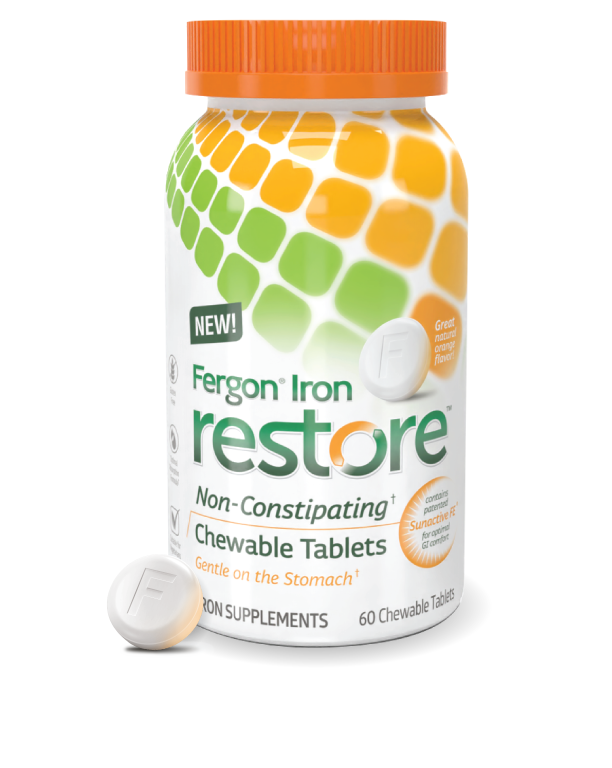The most common deficiency associated with menopause is estrogen, but studies have shown that women going through menopause are also often iron deficient, which can lead to a variety of health risks. These are some things to consider if you are approaching menopause or going through the change right now.
Iron Needs before Menopause
Iron deficiencies are common in pre-menopausal women who get their menstrual periods each month. This is because iron is lost through the blood on regular cycles. Since post-menopausal women eventually no longer get their periods, many do not lose as much iron as they did before over time. However, other changes going on in the body can still lead to an iron deficiency.
Iron Needs after Menopause
Once a woman reaches menopause, a lack of iron can lead to many other conditions that are uncomfortable, embarrassing, and even degenerative. Some studies have linked iron to hot flashes, and people with iron deficiencies often report poor cold intolerance and body temperature regulation.
Osteoporosis is another major concern among women of menopausal age, and an iron deficiency can affect bone density. This is essential to keeping bones healthy and strong throughout the aging process. Women going through menopause often experience fatigue, and this could be due to an iron deficiency as well.
These are some of the most common symptoms of women who have an iron deficiency
- Poor body temperature regulation
- Overall fatigue
- Hair loss
- Brittle nails
- Skin paleness and dullness
How Menopause May Lead to Iron Deficiency
Both iron and estrogen are crucial growth nutrients in the development of a woman’s body. While estrogen is connected with tissue growth and function, iron helps transport oxygen, produce energy, and synthesize DNA.
Women can have an increased menstrual blood flow during the time leading up to menopause and even during menopause. This means that more iron is being released through the blood and leaving the body deficient of iron. It may take many years for a woman to reach the same iron levels as a man her age after going through menopause.
Other health conditions that you may have, such as ulcers, hemorrhoids, celiac disease, or cancer, can also cause your iron levels to be low at this time. Another nutrient that menopausal women need to be mindful of losing during this time is vitamin B12.
Iron Rich Foods for Your Diet
Fortunately, there are many delicious foods that are rich in iron and can help menopausal women keep their iron levels up. Here are some iron-rich foods to stock up on next time you go to the market.
- Lean red meat, especially liver
- Seafood, especially oysters
- Beans
- Chickpeas
- Dark leafy greens, like spinach and kale
- Dried fruits, like apricots and raisins
- Pumpkin seeds
- Supplementation During Menopause
However, sometimes the iron needs of women during menopause are more than what can be obtained from food alone. After all, there are only so many healthy foods that you can cram into your daily meals and stay within your desired calorie range and target weight.
Fergon iron deficiency supplements are preferred by menopausal women because they’re easily digestible and don’t upset the stomach like some other products. Menopause is a huge time of change and transformation for the female body, so make sure to discuss all of your symptoms and concerns with your doctor to find menopause solutions that are right for you.

